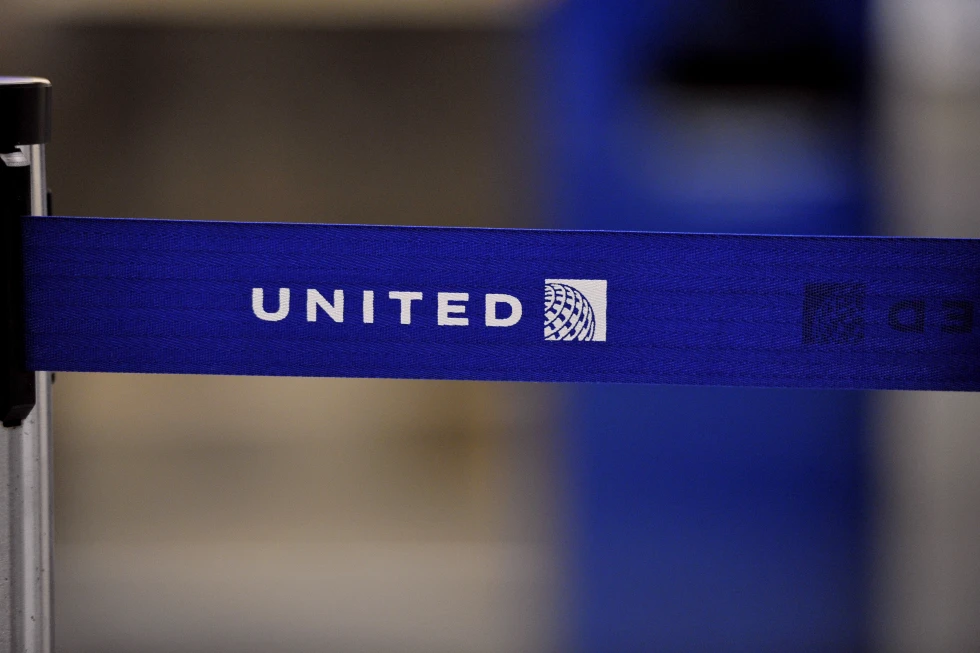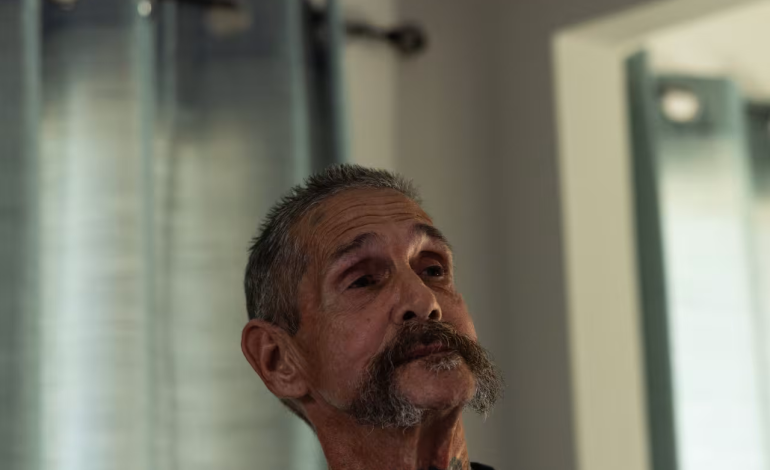As the US grapples with the aftermath of the opioid epidemic, a growing number of older Americans are navigating life as survivors of long-term drug addiction, the Wall Street Journal reports.
While overdose deaths have decreased in recent years, millions of former drug users are entering old age with significant health issues caused by decades of addiction.
Jerry Schlesinger, 72, is one of the longest-tenured survivors of America’s drug crisis. Having tried heroin at the age of 15, Schlesinger spent much of his life addicted to various substances. After decades of use, his health was severely compromised, leaving him with damaged lungs, teeth, and liver. Today, Schlesinger has been sober for two years, but his experience highlights the lasting impact of addiction.
“You’re not done until you’re done,” Schlesinger says.
He reflected on his decades-long struggle with addiction.
Schlesinger’s story is part of a broader trend in which millions of former drug users, particularly older adults, continue to live with the physical and emotional scars of addiction. Although drug-overdose deaths have dropped below 100,000 annually for the first time since 2021, many of those who survived the crisis now face compromised health and uncertain futures.
Recent figures show that more than two million people over the age of 65 are living with substance addiction, a dramatic increase from a decade ago. While recovery is possible—research indicates about three-fourths of those who are addicted to drugs recover—the process is often long and fraught with challenges, particularly for older individuals.
Schlesinger’s own path to recovery began later in life, and his journey has not been easy. Despite numerous attempts, it was not until he experienced a crisis in 2022—when his girlfriend overdosed and he saved her life with naloxone—that he committed to a sober life. That pivotal moment marked a turning point, and Schlesinger has since embraced a leadership role in the recovery community.
Instead of starting fresh in a new city, as younger people recovering from addiction are often encouraged to do, Schlesinger has chosen to stay in the area where he grew up and focus on helping others. He works as a manager at a sober-living home, where he leads addiction-recovery meetings and mentors others struggling with addiction. Schlesinger believes his years of experience give him valuable insight to share.
“I always try to share my experience, strength, and hope,” he says.
Schlesinger added that he doesn’t shy away from discussing his past struggles with drugs.
While Schlesinger’s recovery story is one of perseverance, others in the addiction recovery community face similar challenges. Healthright 360, a healthcare provider for homeless and low-income individuals in Los Angeles, has seen the number of seniors seeking help for drug addiction grow significantly, with older adults now comprising over 5% of their patient base. These seniors are not only dealing with the physical consequences of long-term drug use but are also confronting the difficulties of aging, such as chronic pain and limited mobility.
“They get sicker and sicker. Life gets harder and harder,” said Vitka Eisen, CEO of Healthright 360.
For many older adults in recovery, finding appropriate treatment and support becomes increasingly difficult as they age. Schlesinger, for example, enrolled in Medicare to help cover treatment for both his recovery and injuries sustained during his time in active addiction.
The rise in older adults facing addiction recovery comes amid the growing awareness of the long-term effects of the opioid crisis, which has affected multiple generations. Federal efforts to combat the epidemic have led to some improvement in the availability of treatments and the reduction in overdose deaths. However, the survivors of the crisis face a long road ahead as they work to rebuild their lives.
Schlesinger, who now focuses on maintaining his sobriety, reflects on how his life has changed since embracing recovery. He is considering returning to college and working on rebuilding relationships with family members. Though the scars of his past remain, he is optimistic about his future, stating:
“I’m grateful I don’t have to keep track of all the lies I’ve told everyone anymore.”









